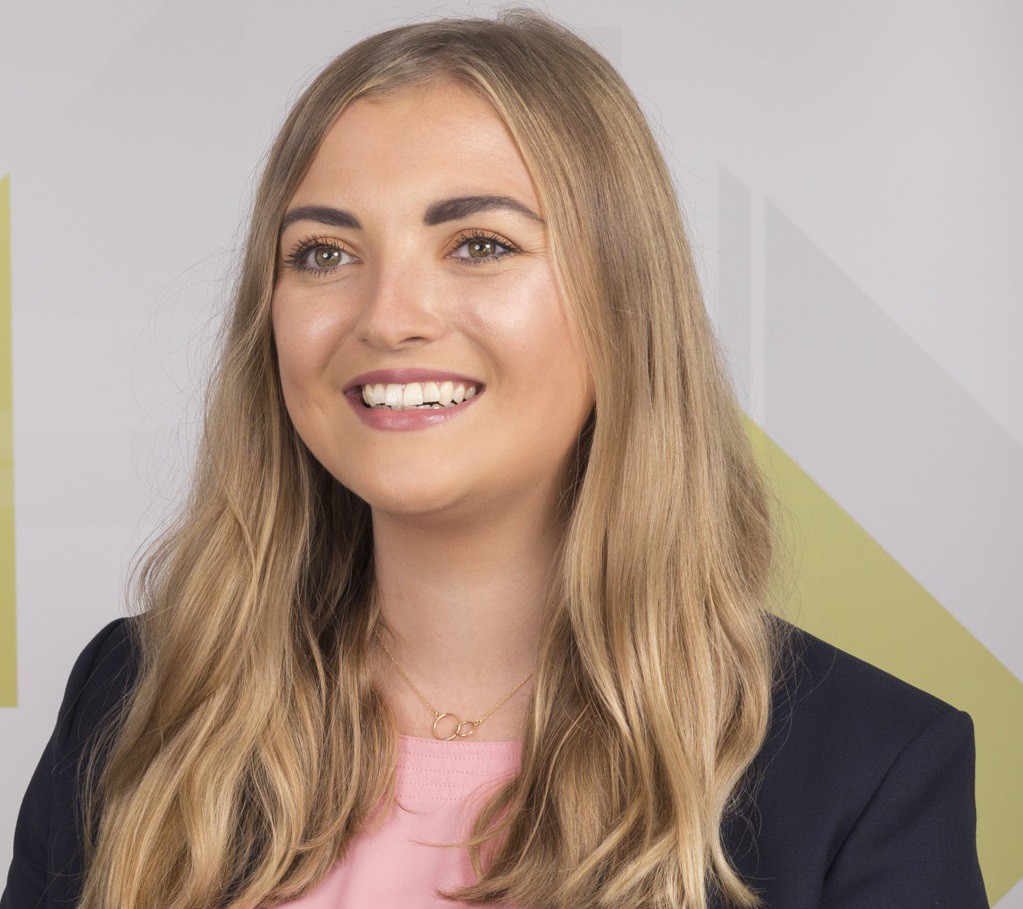Non-law case study | Shoosmiths
updated on 29 February 2024
Read about Anna McMillan's journey into the legal profession, from studying history at university to landing a job at Shoosmiths.
What was your background before venturing into law?
I studied history at Queen’s University Belfast before deciding to do a Master’s in Law which was a conversion course but it’s not quite the same as the Graduate Diploma in Law. After that, I was a paralegal and then applied to Shoosmiths – and here we are!
What inspired you to pursue a legal career?
The idea of pursuing a career in the legal sector originally came from what I saw on TV and in fiction. But, after having had some work experience, I found that although being a lawyer is nothing like the TV shows and films, it’s great for developing many skills such as problem solving, communication, knowledge sharing and continuous learning. That really sparked my interest going forward.
What legal work experience did you have before starting your training contract?
I did a week’s work experience at a law firm in Belfast when I was at school. After graduating from my Master’s, I undertook a paralegal job in London which was great experience. I worked there for about 18 months before I got my training contract with Shoosmiths and started the Legal Practice Course (LPC).
Did you attend any non-law specific events?
I didn’t attend any non-law specific events when I was a student, but I did attend general legal events that my university offered – for example, when firms came in to speak about training contracts and other opportunities and internal university careers events. Shoosmiths really acknowledges the importance and value of attracting talent from a non-law background. All three trainees in my office’s intake are from non-law backgrounds! Shoosmiths also recently sponsored the ‘Best society for non-law students’ award at the LawCareers.Net Student Law Society Awards and I was in attendance at the awards ceremony. I’d encourage all non-law students to get involved with firm events and opportunities like that.
What did you most and least enjoy about studying a master’s conversion course?
I most enjoyed the breadth of knowledge that you gain so quickly, and the diversity of topics you study. You will study multiple modules at the same time, covering diverse topics from criminal law to European and constitutional law.
On the flipside, you’re taking in a lot of information and knowledge as a non-law student and sometimes that can be a little overwhelming, especially when you’re trying to get to grips with everything.
Why did you choose Shoosmiths?
It was quite an easy choice for me. I did a lot of research and would encourage anyone to do the same when looking at where to apply. The most important thing is to narrow down the kind of firm you think would best suit you. You have to be a good fit for them, but they also have to a good fit for you.
The reason I chose Shoosmiths is because I was so impressed with the ethos and culture of the firm – it focuses on collaboration, teamwork and innovation. That coupled with the experience and expertise of those working for the firm – from partners to associates – was something I wanted to be a part of.
What transferable skills have you brought across from your undergraduate degree and non-law work experience to your legal career?
I brought across the ability to communicate to a diverse range of people – that’s absolutely essential if you want to have a career in law. I worked in retail throughout school and university and you have to be able to talk to anyone and everyone. That will never be a bad thing when you go into law.
How has studying a non-law degree impacted your legal career?
It’s really given me an appreciation for the wider context of any given situation. For example, if dealing with a transaction, you must of course be aware of the legal side, but you should think about the commercial, political and social sides of that deal. Being a non-law student at undergraduate level has underlined the importance of that.
What advice would you offer to non-law students interested in pursuing a legal career?
Keep an open mind. You might go into a legal career thinking ‘I want to be an environmental lawyer’ or ‘I want to be a human rights lawyer’ and that’s fantastic – but be open-minded. You’ll find that when you do study a conversion course, you’ll see so many legal fields that you’ve never even thought of. Let yourself enjoy it all and see what you’d prefer at the end of the day.
What book are you reading at the moment?
I just started reading Michelle Obama’s Becoming. I’m enjoying it so far and feeling very intimidated by her greatness!


